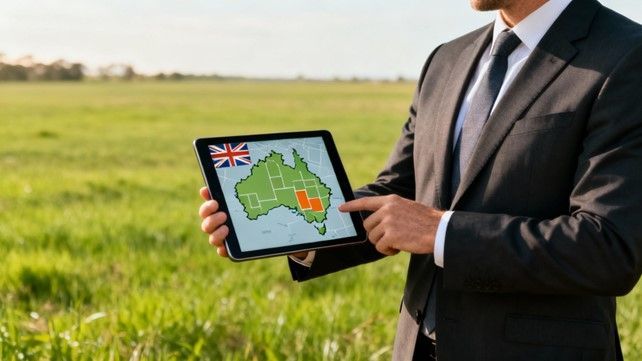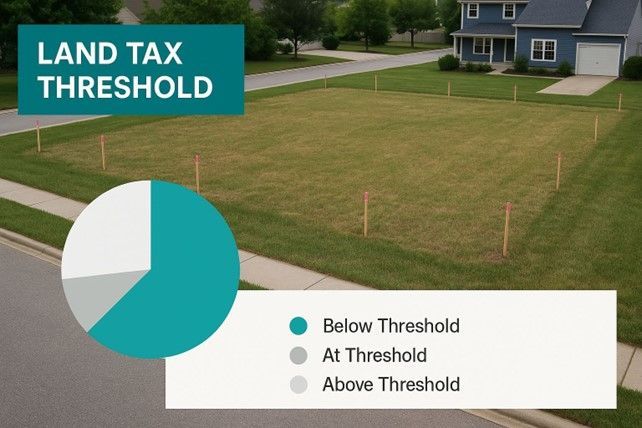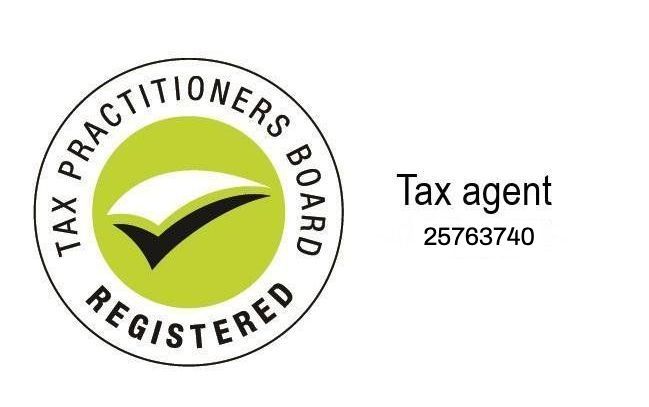What’s Involved in Running an SMSF? | SMSF Basics Explained
Thinking About an SMSF? Let’s Break Down What’s Really Involved
You've probably started noticing more conversations around self-managed super funds (SMSFs). Friends, family, or colleagues might have already taken the plunge, leaving you wondering, "Should I do this too?"
Let's talk about what's actually involved in running your own SMSF, no hype, just a straightforward look at what you're getting into.

How much work is involved, really?
The honest answer? It depends, but it’s manageable. If you’re new to investing or managing financial structures, it might feel a bit intimidating at first. But remember, having an SMSF doesn't mean you have to become an overnight financial expert.
Most SMSF trustees outsource the heavy lifting, accounting, auditing, compliance, and strategic advice, to trusted accountants and financial advisors. Your main responsibility is setting clear investment objectives and staying involved enough to make informed decisions.
What's involved day-to-day?
Here’s the good news: running an SMSF doesn’t typically involve daily tasks. Instead, think more like monthly check-ins and annual reviews. Tasks might include:
- Reviewing your investment strategy once a year.
- Signing off on annual financial statements and tax returns (prepared by your accountant).
- Meeting with your accountant or financial advisor a couple of times a year.
How much research do you need to do?
Initially, you'll probably do a fair bit of research, understanding how SMSFs work, their benefits, responsibilities, and whether it aligns with your financial goals. But once set up, the ongoing research significantly drops, especially with good accountants and advisors on your side.
You’ll need a general awareness of your SMSF’s performance, any compliance changes, and how your investments align with your life stage. Your accountant and advisors can handle the detailed compliance updates and technical issues, summarising key points clearly and quickly.
How much input is required from you?
As a trustee, you'll need to stay actively involved, but this doesn't mean constant effort. Expect to spend time quarterly reviewing your investments and financial reports. Most SMSF owners report that after initial setup, their ongoing involvement is manageable and fits comfortably into busy lives.
How do you know if you're ready?
This is the big question and it’s not just about your bank balance.
You're probably ready for an SMSF if:
- You have a genuine interest in your finances and long-term wealth building.
- You're comfortable making decisions (with support) about how your super is invested.
- You have time to review your fund’s performance a few times a year.
- You’re prepared to take on the legal responsibility of being a trustee.
- You’re working with (or open to working with) trusted professionals.
It also helps if your combined super balance is approaching $250,000 or more; this is often where SMSFs start to become cost-effective.
If you’re still unsure, that’s okay. Getting clear on your goals and the level of involvement you’re comfortable with is a great place to start.
Is an SMSF right for you?
An SMSF can be rewarding; it offers control, flexibility, and investment opportunities not always available through retail or industry funds. But it’s not for everyone. You need to be comfortable making strategic decisions (with professional guidance) and taking responsibility for your retirement savings.
On the other hand, if you prefer a more hands-off approach, are happy with your fund’s performance, or your balance isn’t yet at the level where SMSFs become cost-effective, then sticking with a retail or industry super fund might make more sense. These funds offer convenience, built-in diversification, and less responsibility, making them a solid choice for many Australians.
Feeling unsure? That’s exactly why we’re here. We’ll help you understand what’s involved, what your options are, and whether an SMSF could suit your situation. And if you need personal financial advice, we can connect you with someone trusted.












